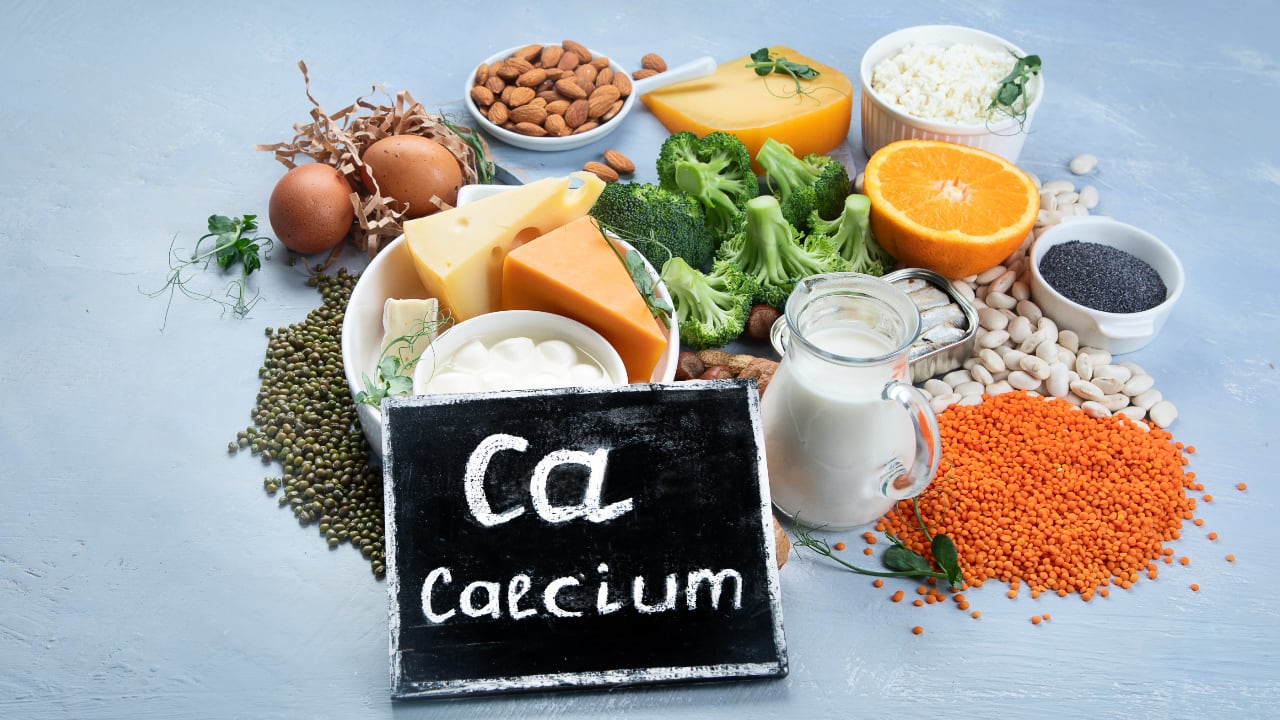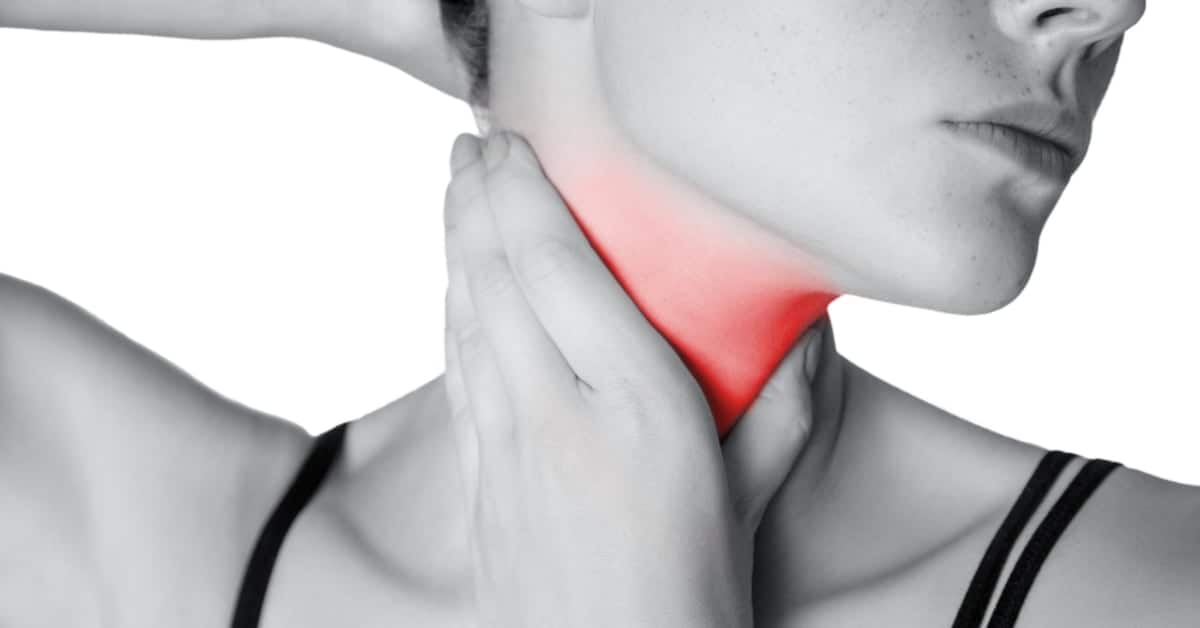Calcium deficiency

We each of us have our own lifestyle, interests, needs and habits… Some people are always on the move, relying on coffee and regular exercise to keep them going. Some are eager to hang out with friends, indulging in salty fries and fizzy drinks. Some opt for a vegetarian or vegan lifestyle, forgoing dairy products altogether. Some have gained life experience and see their bodies changing, yet they strive to remain active and full of energy.
~ 3.5 billion people are at risk of calcium deficiency.
Between 98-99% of calcium in the body is concentrated in the teeth and bones, with the remaining 1-2% in the blood and soft tissues. Bone matter is a reserve of calcium, from which the body takes, when necessary in order to maintain the correct concentration of calcium ions in the blood. This usually happens when there is insufficient calcium in the diet or when calcium absorption in the intestine is inadequate.
Signs of calcium deficiency:
- Osteoporosis, or brittle bones, is a disorder considered to be associated with calcium deficiency. When blood calcium levels drop and the body is forced to take the mineral from bone tissue, over time the density of bone mineral may decrease, thus increasing risk of fractures.
- Calcium is involved in the process of remineralization of tooth enamel. The weaker the enamel, the higher the risk of tooth decay.
- Calcium plays an important role in the transmission of nerve impulses to muscles and is responsible for muscle contraction. When blood calcium levels are low, muscles cannot maintain their normal tone and may spasm.
- Irregular heartbeat is a typical symptom of hypocalcemia. If the heart cells do not receive enough calcium, they stop working properly. In addition, calcium supplied to nerve cells stimulates the transmission of nerve impulse. Calcium deficiency can significantly impair cognitive function.
- Lack of calcium in the cells manifests as fatigue, leads to exhaustion and weakness.
- Low levels of vitamin D and calcium can provoke and aggravate PMS symptoms.
The body expels about 1,000 mg of calcium daily
What happens when calcium intake is low?
The body taps into calcium reserves from teeth and bones. Since bone tissues constantly renews, long-term calcium deficiency leads to reduced bone mineral density and an increased risk of fractures.

Absorption of calcium from food (only 30% of calcium is absorbed from food) takes place in the small intestine. There bile acids combine with calcium salts, passing with them through the intestinal wall into the blood. Through the bloodstream, calcium is then delivered to organs and tissues.
Normal blood calcium levels are 2.2 to 2.6 mmol/L (8.8 to 10.5 mg/dL). The body has a strict control system to maintain this level. If calcium stores are not replenished from food, its concentration in the blood decreases. Then the body restores calcium levels to normal by taking the mineral from the bones. Therefore, if calcium is lacking for a long time, the mineral density of the bones decreases – thus increasing the risk of osteoporosis and fractures.
Not only bones and teeth suffer from calcium deficiency. Without it, normal blood clotting, heart, muscle and nervous system function are impeded.
Factors that increase the risk of calcium deficiency in the body:
- Each 1 g of sodium (equivalent to 2.5 g of sodium chloride; table salt NaCl) removes about 17 mg of calcium from the body with urine.
- Alcohol consumption can impair nutrient absorption, including absorption of calcium from the intestine, resulting in decreased serum calcium levels and calcium deficiency.
- Exposure to caffeine at concentrations ≤ 400 mg/day resulted in increased urinary calcium in two randomized controlled trials.
- On average, one teaspoon of instant coffee contains 30-50 mg of caffeine, while 1 cup of espresso made from natural coffee beans contains about 90-100 mg.
- Calcium is necessary for muscle contraction, especially during intense physical activity.
- In the first 5 years after menopause, a woman can lose up to 1/3 of her lifetimes bone mass loss.
- Calcium and magnesium metabolism disorders are associated with high levels of stress hormone in the blood.
- Children and adolescents need additional calcium intake during active growth.
- Vitamin D3 deficiency: Vitamin D3 is responsible for calcium absorption in the body.
Taking the mineral
Calcium is involved in all life processes, so it is important to ensure its stable intake with food and water.
Best Food Sources of Calcium:
- milk and milk products (cottage cheese, yogurt);
- all kinds of cheeses, especially hard cheeses;
- canned sardines, salmon;
- peanuts, walnuts, sunflower seeds, figs;
- beans and legumes;
- green vegetables.
A daily calcium intake of 1000 mg is recommended for everyone under 50 years of age. For women over 50 years of age and men over 70 years of age, a daily calcium intake of 1200 mg is recommended.
For calcium deficiencies, you can choose naturally occurring calcium from the AquaminTM polymineral complex from the Coral Club range. Read more about the product here.






